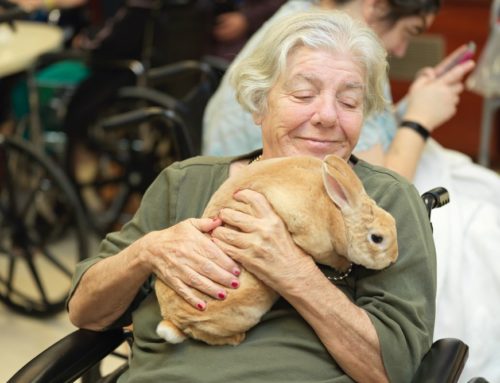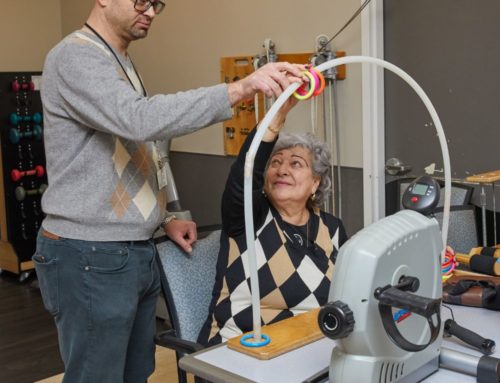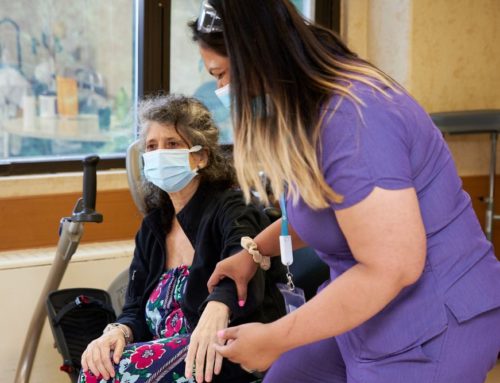10 things You Should Know about Communicating with Dementia Patients
Communicating with Dementia Patients can be very challenging. Mood swings, confusion, irritability, as well as verbal or even physical aggression are symptoms of this debilitating disease. So, it’s very important that people caring for those with dementia know how to deal with the symptoms.
Below are some tips when communicating with dementia patients.

Be positive: People notice your demeanor, attire, and body language. These things communicate your feelings and thoughts even more strongly than words. Speak to your loved one with respect and in a kind way. Be mindful of your tone of voice and facial expressions. Appropriate physical touching can also be a powerful communication tool.
Limit distractions: Try to talk to your loved one in a quiet place. If necessary, turn off the TV or radio, or shut the door to try to get the person’s undivided attention.
Use the name of the person and say clearly who you are: Communicating with dementia patients requires speaking clearly and slowly. Try to maintain eye contact as much as possible. To do this it may advisable to sit down opposite your loved one so that you are at the same level.
Use simple words, short sentences: Speak distinctly and try to be reassuring. Don’t shout, and try to keep your voice lower. Be prepared to repeat your message/s several times and listen carefully for the response. Use the names of people and places instead of using pronouns. Avoid acronyms. If you cannot get through to the dementia sufferer, wait a few minutes and try again using slightly different formulations.
 Ask realistic questions that are easy to answer: Don’t ask open-ended questions, or offer many choices. Ask questions which can be replied to with a `yes’ or a `no’. Use visual prompts and gestures to clarify your question.
Ask realistic questions that are easy to answer: Don’t ask open-ended questions, or offer many choices. Ask questions which can be replied to with a `yes’ or a `no’. Use visual prompts and gestures to clarify your question.
Actively listen: Be patient and observant when communicating with dementia patients. Be prepared to wait for the answer. You can suggest words if your loved one is struggling to find the right words. Observe your interlocutor’s body language and demeanor. Try to detect how they are feeling. Tune into their emotional state.
Distraction: If your loved one is angry or frustrated, try to connect with them on an emotional level. Then try a change of tack. Perhaps move to a different room, or suggest going for a walk.
Be affectionate and reassuring: Dementia patients often get confused. You can help by always being compassionate and caring, and reassuring them. Sometimes they say things happened which never happened. Don’t try to contradict them. Rather, respond with expressions of support. Try to comfort them. Holding their hand or giving them a hug can help enormously.
Reminisce and empathize: Get them to remember “the good old days”. This helps affirm who they are, and can be soothing. Asking questions about a person’s childhood or youth can often evoke some very positive and thoughtful responses.
Smile, laugh and have fun: Maintaining a sense of humor is tremendously helpful and beneficial to care-giver and patient alike.
Fariview Rehab & Nursing Home welcomes dementia patients, and always treats them as one of the family. We are very experienced at assisting, treating and communicating with dementia patients.
For further information, or to arrange a visit, please contact us at www.fairviewrehab.com or call (718) 263-4600
Media and Marketing Company: Twinlight Studios | Commercial Photography: ISA AYDIN PHOTOGRAPHY
This article contains informational and educational materials and does not replace health or medical advice. For questions or concerns regarding your medical condition or health objectives, speak to a qualified physician or healthcare provider.






Leave A Comment